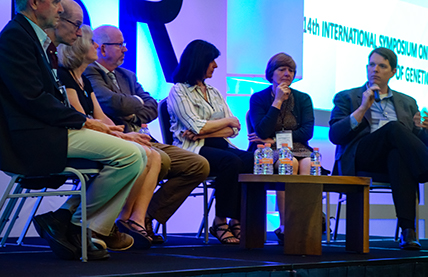Overview
Confined field trials (CFTs) are conducted to inform environmental risk assessments that are required by regulatory authorities before genetically engineered crops can be approved and released for cultivation. Many countries expect CFTs to be conducted as a matter of course, even if satisfactory data are already available from trials conducted elsewhere. The scientific basis for requiring duplicative trials is questionable, but policy and perception issues make accepting data from other countries difficult for many regulators.
The primary variable that differentiates CFT locations is agroclimate, which means that data from trials cultivated in like agroclimates should be considered relevant and sufficient to satisfy regulatory requirements, irrespective of the country where the CFTs are conducted.
Collaborators & Partners
- Association for Strengthening Agricultural Research in Eastern and Central Africa (ASARECA)
- Common Market for Eastern and Southern Africa (COMESA)
- International Food Policy Research Institute (IFPRI)
- University of British Columbia
- University of Edinburgh
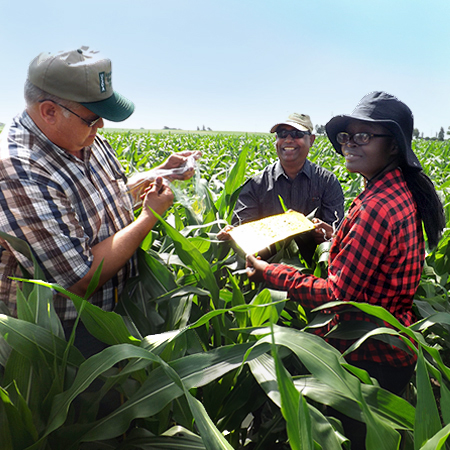
Current Work
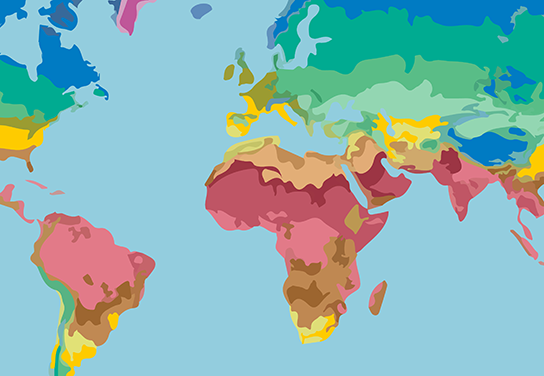
Global Environmental Zones Explorer (GEnZ)
Since the Agriculture & Food Systems Institute’s publication of a conceptual framework for data transportability in the journal Transgenic Research in 2014, it has continued to make significant effort to progress this work beyond theory to practical application. In particular, our Global Environmental Zones (GEnZ) Explorer is a simple-to-use online tool that allows users to visualize agroclimatic zonations and their relationships to CFT locations.
Discover
Publications
GEnZ Explorer: A Tool for Visualizing Agroclimate to Inform Research and Regulatory Risk Assessment
Transgenic Research | June 6, 2023
This paper describes the development of an open-source tool, the GEnZ Explorer, that provides agroclimate together with overall crop production information to assist regulators and applicants in making informed choices on whether data from previous CFTs can inform an environmental risk assessment in a new country, as well as help developers determine optimal locations for planning future CFTs. The GEnZ Explorer allows users to identify the agroclimate zones that are relevant for the production of 21 major crops and crop categories.
Transportability of Confined Field Trial Data for Environmental Risk Assessment of Genetically Engineered Plants: A Conceptual Framework
Transgenic Research | April 21, 2014
It is commonly held that confined field trials (CFTs) used to evaluate the potential adverse environmental impacts of a genetically engineered (GE) plant should be conducted in each country where cultivation is intended, even when relevant and potentially sufficient data are already available from studies conducted elsewhere.
Events
-
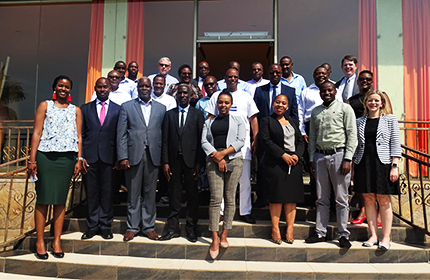 Data Transportability for COMESA Workshop
Data Transportability for COMESA WorkshopFebruary 12, 2020-February 13, 2020
Entebbe, Uganda
-
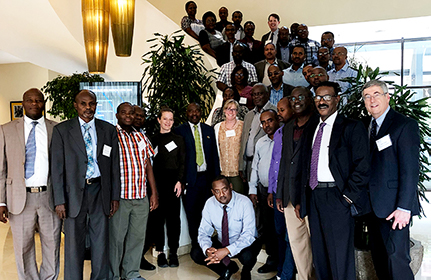 Confined Field Trial (CFT) Data Transportability Workshop
Confined Field Trial (CFT) Data Transportability WorkshopMarch 12, 2019-March 13, 2019
Addis Ababa, Ethiopia
-
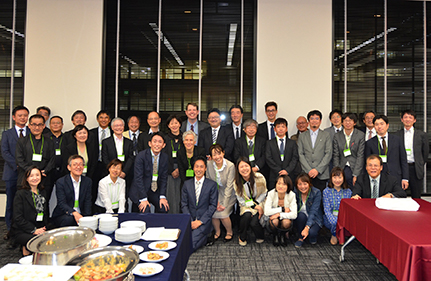 Application of Data Transportability in the Environmental Risk Assessment of Genetically Engineered Plants
Application of Data Transportability in the Environmental Risk Assessment of Genetically Engineered PlantsNovember 7, 2018
Tokyo, Japan
-
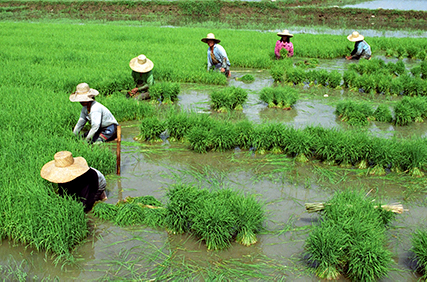 Agricultural Biotechnology: Driving from 1G to 5G
Agricultural Biotechnology: Driving from 1G to 5GAugust 18, 2017-August 19, 2017
Can Tho, Vietnam


